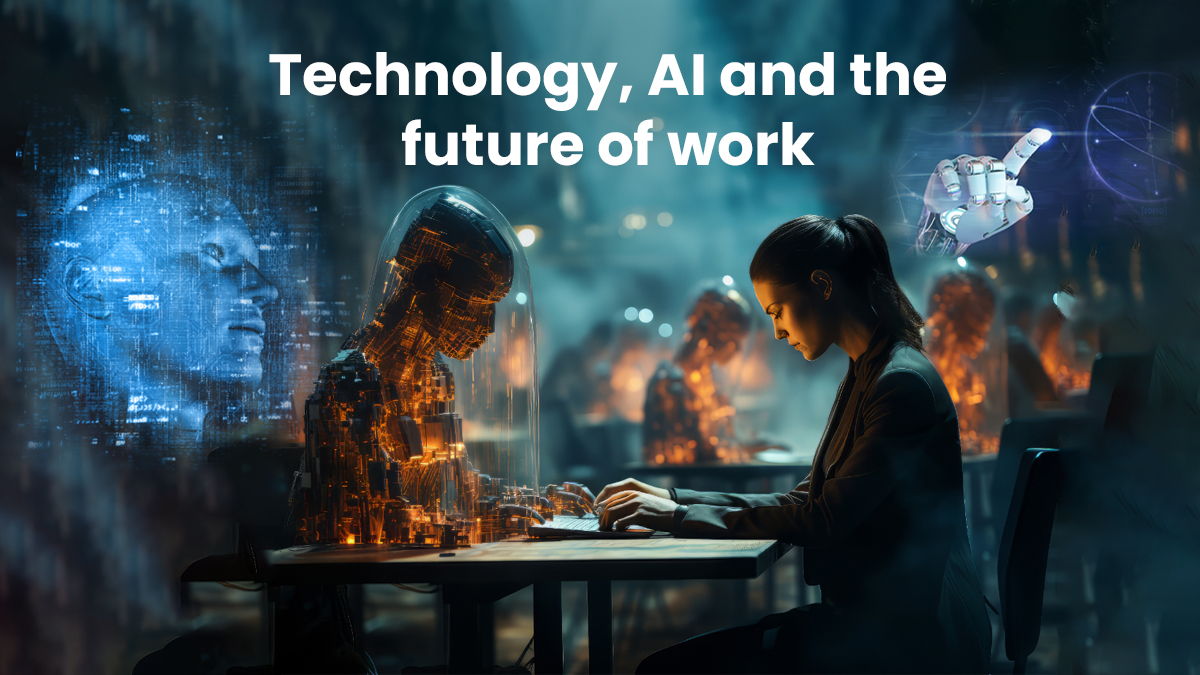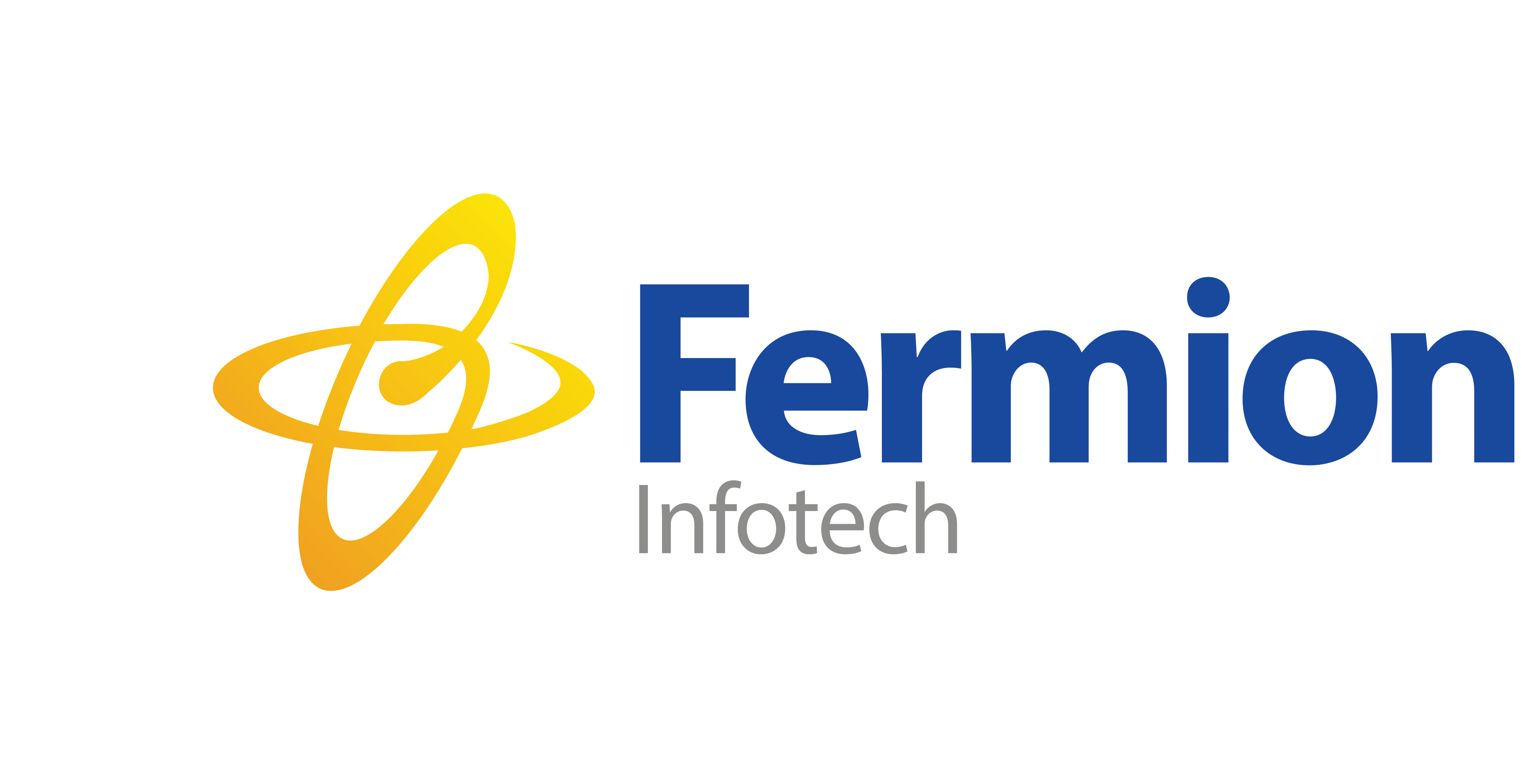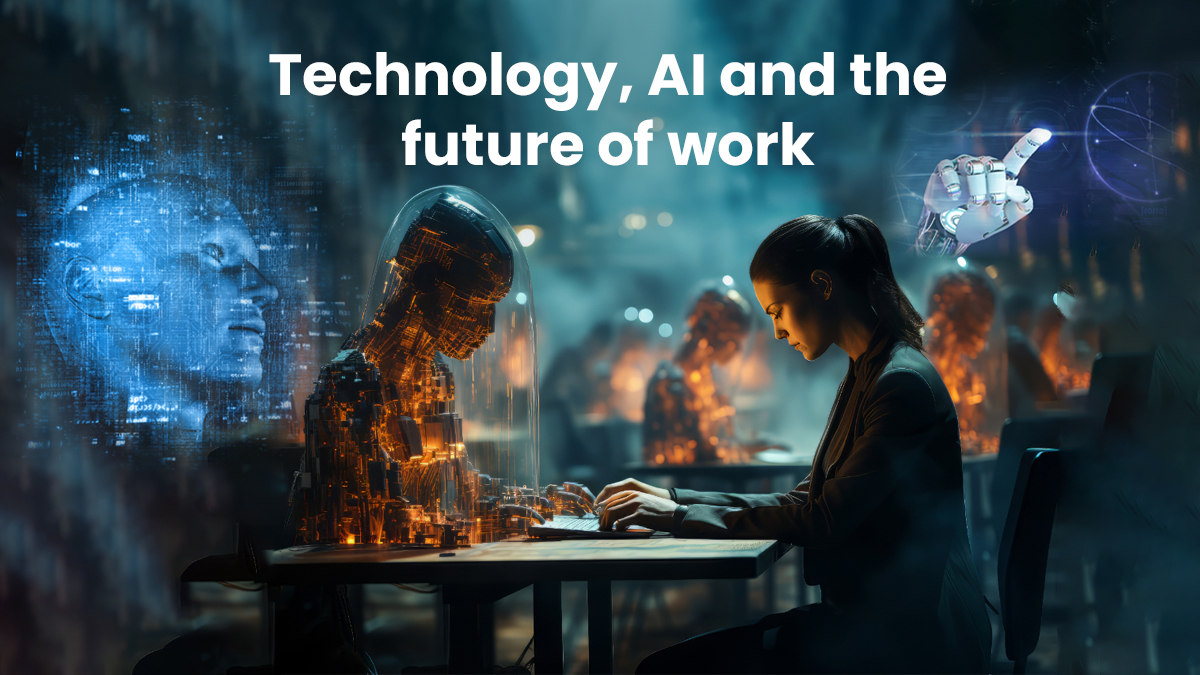
The rapid advancement of technology, particularly artificial intelligence (AI), is reshaping the landscape of work. As automation and intelligent machines become increasingly sophisticated, it’s essential to consider the implications for the future of jobs and the skills needed to thrive in this evolving environment.
AI’s Impact on the Workforce
AI is poised to revolutionize industries across the board. While there are concerns about job displacement, it’s important to recognize that AI also creates new opportunities. Here are some key areas where AI is making a significant impact:
- Automation of Routine Tasks: AI-powered automation can handle repetitive tasks, freeing up human workers to focus on more complex and creative endeavors.
- Enhanced Decision-Making: AI algorithms can analyze vast amounts of data to provide valuable insights, enabling better decision-making and problem-solving.
- Personalized Customer Experiences: AI-driven tools can tailor products and services to individual preferences, leading to improved customer satisfaction.
- Innovation and Creativity: AI can inspire new ideas and accelerate innovation by identifying patterns and trends that humans may overlook.
According to study, by 2030, AI could potentially replace around 800 million jobs worldwide, with an estimated 45 million American jobs at risk.
The Future of Work: A Human-AI Collaboration
Rather than fearing job loss, we should embrace the potential for collaboration between humans and AI. By working together, we can achieve greater productivity, efficiency, and innovation. Here are some key trends shaping the future of work:
- Upskilling and Reskilling: As technology evolves, it’s crucial to continuously learn and adapt. Workers will need to acquire new skills, such as digital literacy, data analysis, and critical thinking.
- Remote Work and Flexible Schedules: The rise of remote work and flexible work arrangements is empowering employees to work from anywhere, at any time.
- Human-Centric Design: AI should be designed to augment human capabilities, not replace them. User experience and ethical considerations will be paramount in the development of AI systems.
- Focus on Soft Skills: While technical skills are important, soft skills like creativity, empathy, and communication will become increasingly valuable in the age of AI.
Preparing for the Future
To thrive in the future of work, individuals and organizations need to proactively adapt to technological advancements. Here are some strategies to prepare:
- Embrace Lifelong Learning: Stay updated on the latest trends and technologies. Invest in continuous learning and skill development.
- Develop Strong Human Skills: Cultivate empathy, creativity, and critical thinking skills to differentiate yourself in the job market.
- Foster Collaboration: Encourage teamwork and knowledge sharing to leverage the combined strengths of humans and AI.
- Prioritize Ethical AI: Ensure that AI is developed and used responsibly, with a focus on fairness, transparency, and accountability.
By embracing technology, AI, and the future of work, we can create a brighter future for all.
Whether you’re a seasoned tech professional or just starting out, our blogs offer valuable and actionable insights.
Visit Fermion Blogs to know more!


This article is revolutionary!
Captivating discovery!
This post resonates with harmony!
This article is revolutionary! While we’re evolving, evolves with us.